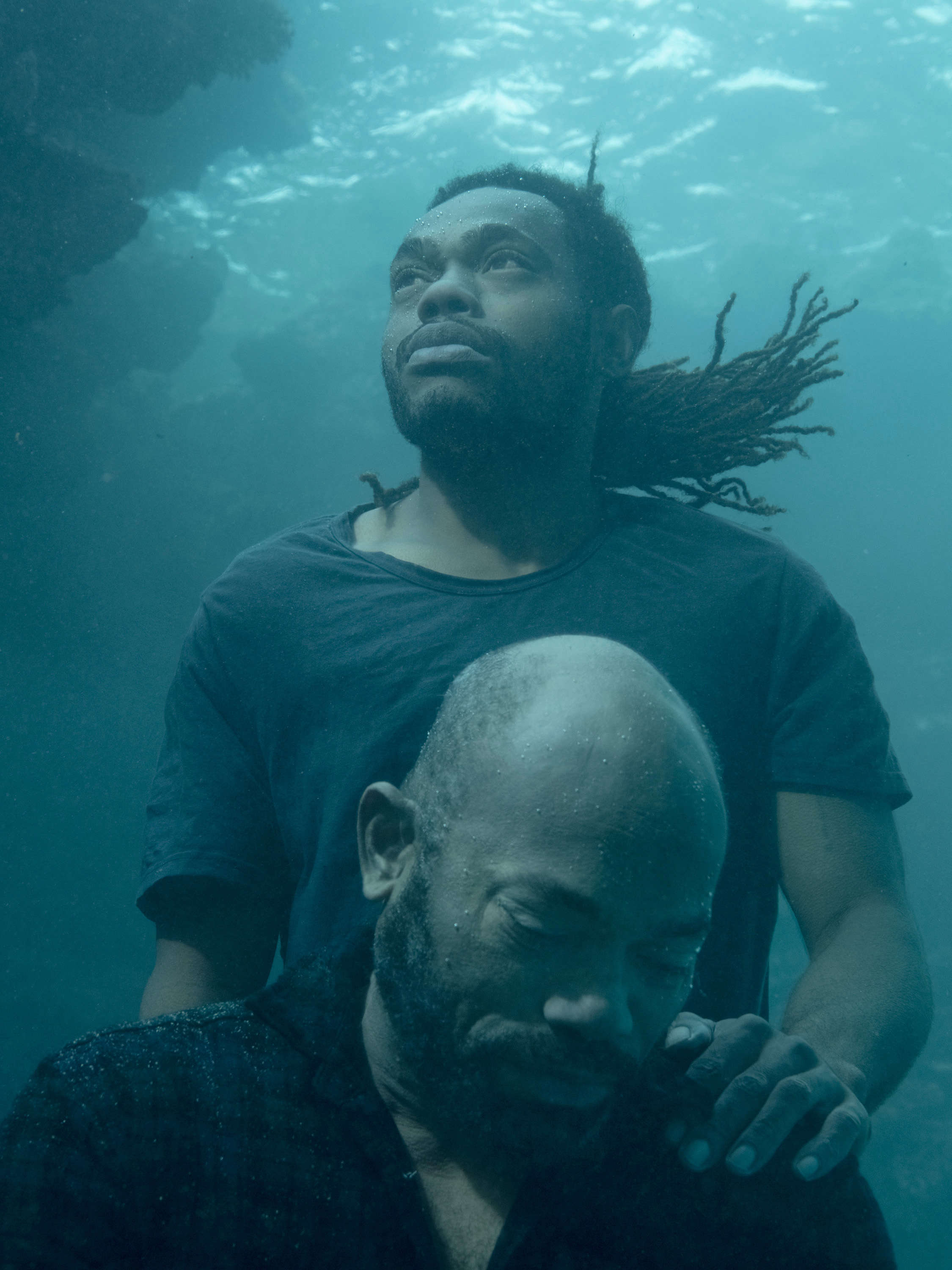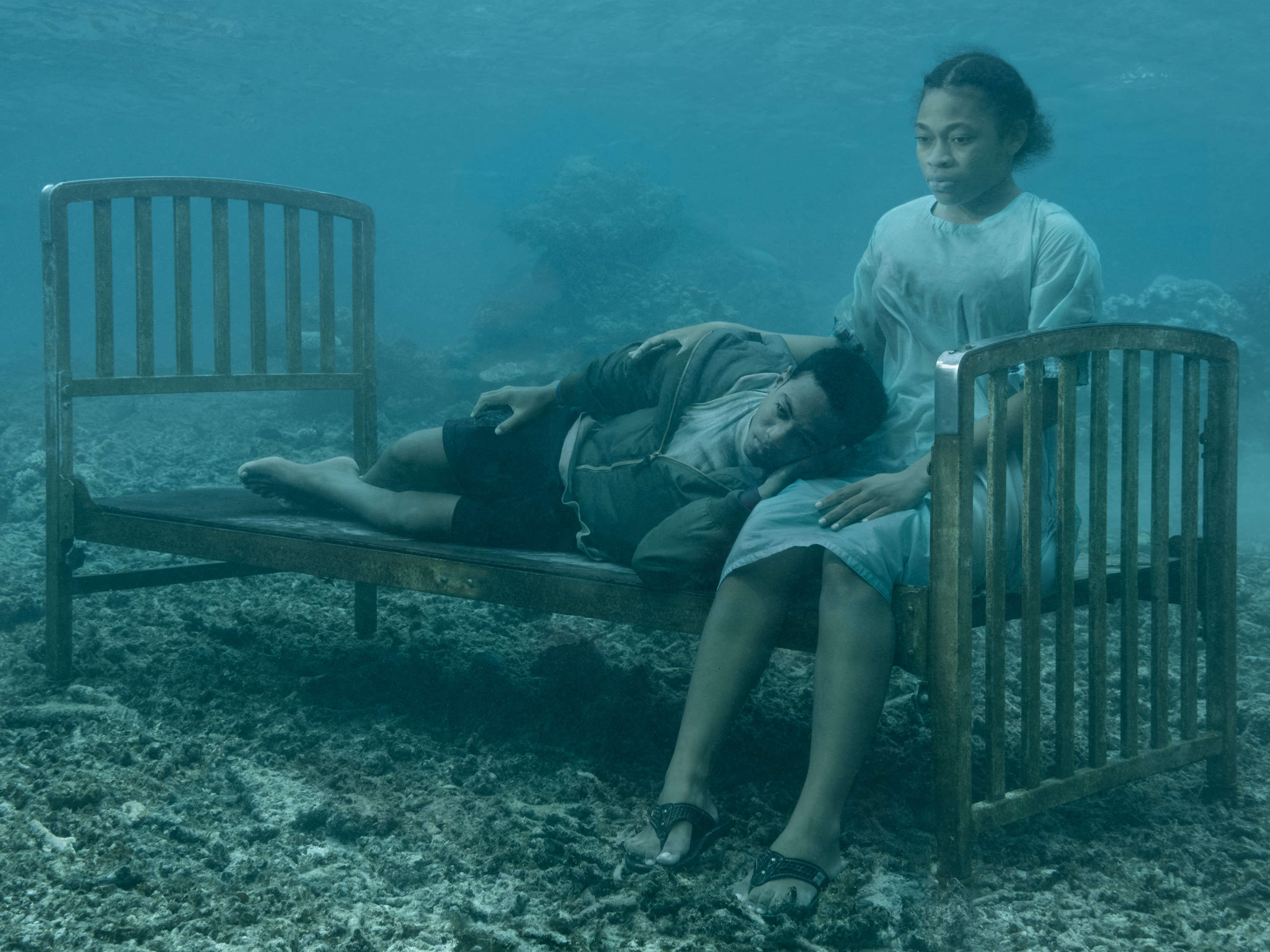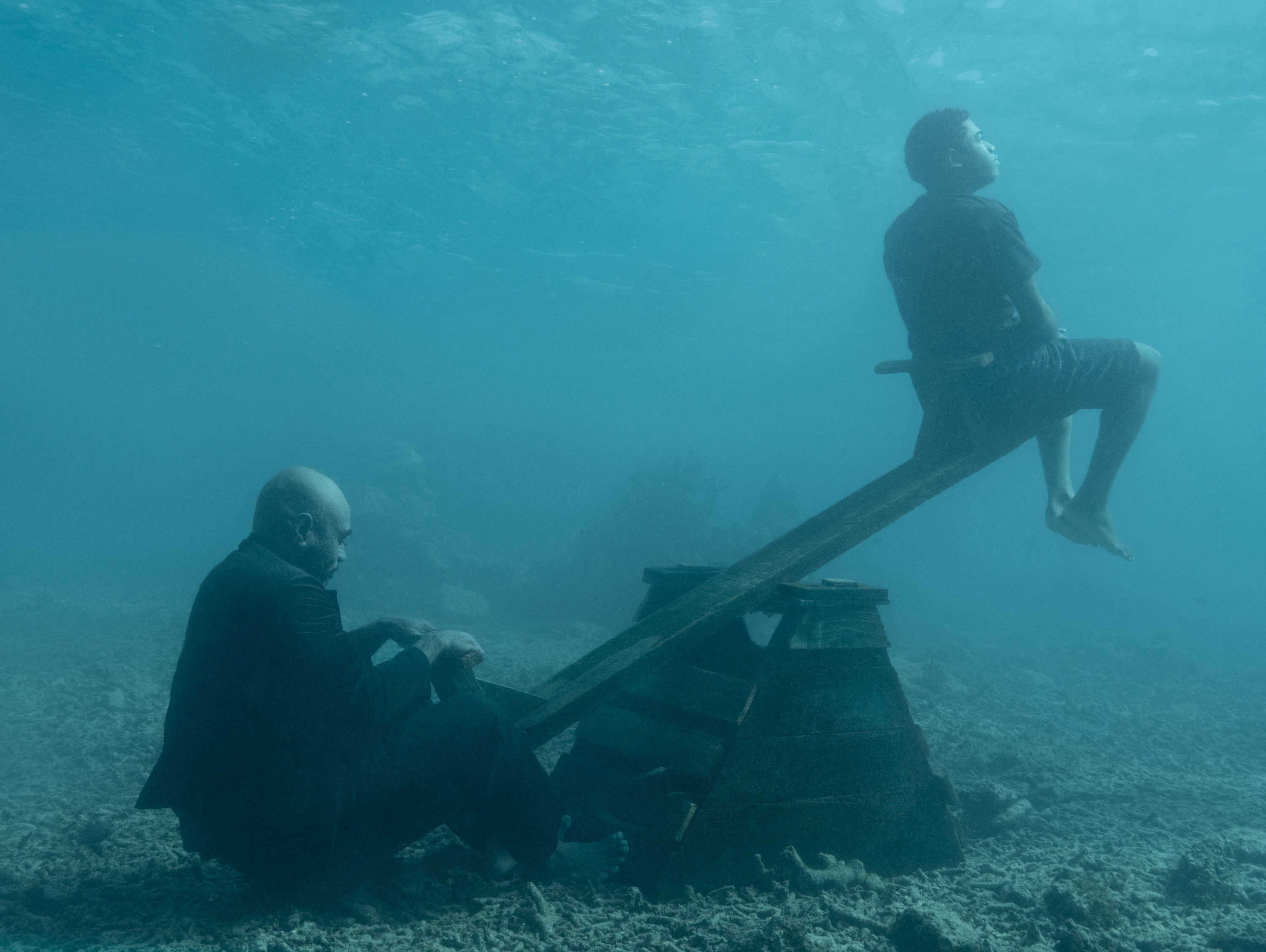“Man is the most insane species. He worships an invisible God and destroys a visible Nature, unaware that this Nature he’s destroying is this God that he’s worshipping.”
This quote is by the astrophysicist Hubert Reeves. I only came across it recently.
Here’s another quote. By contrast, I have known this one most of my life. You also probably know it, because it’s from the Bible. It is perhaps the single most destructive sentence ever written. It’s the one that reads that man shall “have dominion over the fish of the sea, and over the fowl of the air, and over every living thing that moveth upon the earth.”
It’s this notion of humans’ dominion over nature that has got us in this horrifying mess. But before it really is too late, can we hope for a fundamental reset in the way that humans live their lives on this earth? Can we at least attempt a conversion to a true long-term stewardship?
We need to all become good ancestors. We need to adopt a way of life that reduces the environmental impact that our actions will have on those billions of unborn yet to come.
Can we show that we care about the humans and animals and trees that we will never live to see?
___________
SINK / RISE: the third chapter of The Day May Break, a global series that portrays both people and animals impacted by environmental degradation and destruction. Except this time, of course, I am exclusively photographing humans, and addressing only climate breakdown, something I consider to be by far the most monumental crisis to ever face humankind.
The first chapter was photographed in Kenya and Zimbabwe, the second in Bolivia, and now, with SINK / RISE, I went to Fiji. Spread across the planet, there is a common link between these countries.
They all are among the many countries that are the least responsible for climate breakdown. Their global carbon emissions are and have been tiny compared to industrial nations. Yet, like so many other poorer countries in the world, they are disproportionately harmed by its effects. The grim irony is that many people in these countries are the most vulnerable to the calamitous consequences of the industrial world’s ways. The entire Pacific region—of which Fiji is a part—contributes just 0.03 percent of total global greenhouse gas emissions.
Of course, SINK / RISE mainly relates to sea level rise. For most of us, it probably does not have the same visceral impact as the sight of apocalyptic wildfires that annihilate forest and fauna. Because sea level rise can be hard to comprehend in real time, it is also perhaps hard to understand just how dramatic it will eventually be.
But, as a result of climate breakdown, sea level rise will impact hundreds of millions of humans that live along coastlines and low-lying areas around the planet. For people who have lived in these places their entire lives, to abandon their homes and land, and often their livelihoods, to abandon everything they know, will of course be deeply traumatizing as they search for a new—and likely very different and compromised—place to call home.
At least 90 percent of the excess heat being trapped in the atmosphere by greenhouse gases ends up stored in the planet’s oceans. The resulting warmer ocean temperatures create more intense, destructive hurricanes and cyclones. But also, as the water warms, it expands. And, obviously, expansion equals more sea level rise. The other main contributor to higher sea levels is the melting of the ice sheets. The two biggest ice sheets of Antarctica and Greenland hold about 98 percent of the global ice on land, and over 68 percent of the fresh water on Earth. Both are melting much faster than projections. Recent studies by the US and British governments are now estimating that if nothing is done, the high-end scenario is for over three meters of sea level rise this century.
The islands of the South Pacific are especially vulnerable. Many of them are barely a few meters above sea level, and so in time will disappear entirely. Their economies are also significantly based on the ocean that surrounds them. This is why I ended up choosing to photograph in this region of the world for SINK / RISE.



